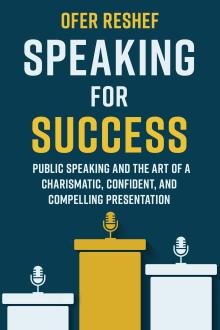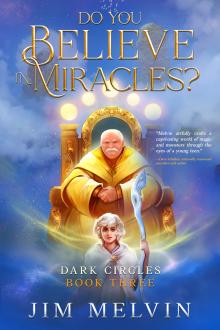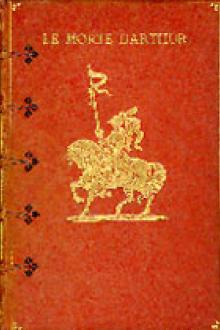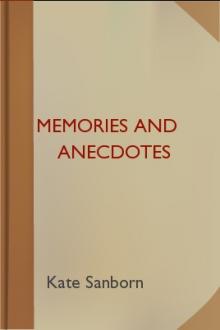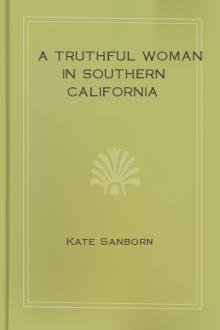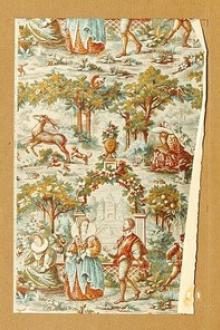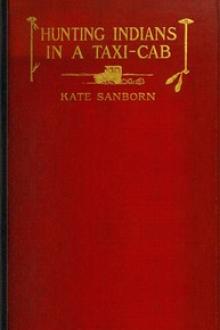Adopting an Abandoned Farm
Adopting an Abandoned Farm
"A sunny, pungent, humorous sketch."--Chicago Times.
Book Excerpt
friend "if I wusn't rather--" She never allowed him to finish, and his lantern is now mine.
People seem to have but little sentiment about their associations with furniture long in the family.
The family and a few intimate friends usually sit at the upper windows gazing curiously on the crowd, with no evidence of feeling or pathetic recollections.
I lately heard a daughter say less than a month after her father's death, pointing to a small cretonne-covered lounge: "Father made me that lounge with his own hands when I's a little girl. He tho't a sight on't it, and allers kep' it 'round. But my house is full now. I ain't got no room for't." It sold for twelve cents!
Arthur Helps says that human nature craves, nay enjoys, tragedy; and when away from dramatic representation of crime and horrors and sudden death, as in this quiet country life, the people gratify their needs in the sorrows, sins, and calamities that befall their neighbors.
I strongly incline to H
FREE EBOOKS AND DEALS
(view all)Popular books in Non-fiction, Biography, Fiction and Literature
Readers reviews
3.5
LoginSign up
She describes the realities of farming well and how people even back then lacked morals, if you have money they will sell you a dying horse. I am sorry the local country people made her farming experience so challenging.
- Upvote (0)
- Downvote (0)
Light funny read. The author kept me want to get to the next chapter of her trials and insights of country life. This book could have been easily written for today. Enjoyable.
06/10/2011
This is an interesting and fun book to read.
12/28/2009
Though not a book to teach you how to actually operate a farm, Sanborn's 1894 essay on her three-year adventure on renting, rebuilding, and renewing a farm in Massachusetts is a delightful and humorous read on late-19th century farm life.
For her time, Sanborn is a surprising curmudgeon who has no difficulty in poking fun at herself, her neighbors, and turn-of-the-centry farm life. Her comments on horses, chickens, peacocks, and potatoes sometimes border on hard sarcasm and each chapter starts with a prosaic and idealistic quote on farm life followed by reality as she experienced it.
The book is short, but a wonderful read and a welcome glimpse into a world and lifestyle long gone.
For her time, Sanborn is a surprising curmudgeon who has no difficulty in poking fun at herself, her neighbors, and turn-of-the-centry farm life. Her comments on horses, chickens, peacocks, and potatoes sometimes border on hard sarcasm and each chapter starts with a prosaic and idealistic quote on farm life followed by reality as she experienced it.
The book is short, but a wonderful read and a welcome glimpse into a world and lifestyle long gone.
01/07/2007
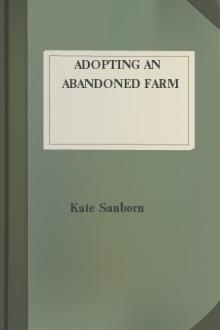
 Free Download
Free Download
